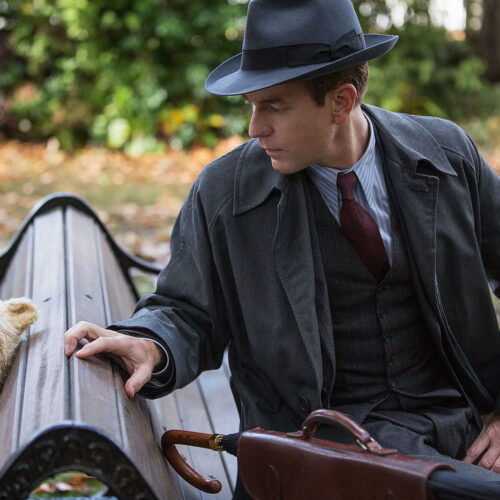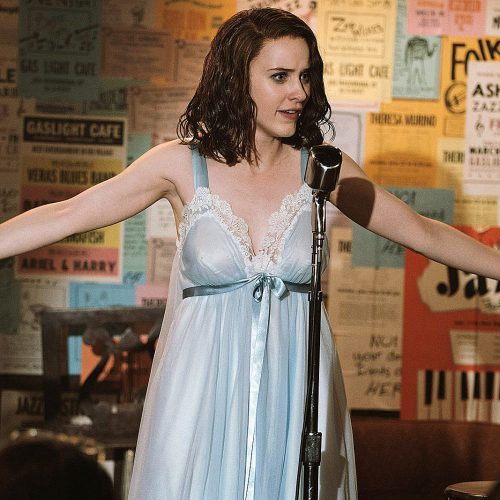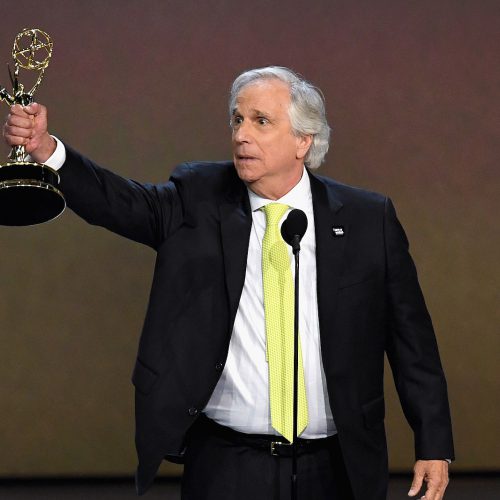‘Revenge’ Review: A Brutal Revelation in French Horror

The rape-revenge subgenre is growing tedious and tiresome. There is nothing particularly novel or clever about these films, which?typically present?you perspective of a ladies sexual trauma and envision her enacting some grotesque revenge fantasy. It really is a huge narrative (and social) liberty to have with?something as serious as sexual violence, and?the candidate?of sitting through yet another rape-revenge movie directed by using a man?can be an exhausting one. Thus it was intriguing, and somewhat exciting, to find out that Revenge was written and directed by a woman.
Coralie Fargeat’s feature directorial debut isn’t only an impressive, subversive tackle tired clichs; it is additionally a confidently crafted tale of female survival and rebirth, having a fierce performance from Matilda Lutz, as well as the variety of gorgeous sun-soaked cinematography that will make George Miller swoon. Just once you thought rape-revenge movies?had nothing left to suggest (whenever they even had something to say from the get go), along comes Revenge – which transcends mere cleverness using a?thoughtful, challenging approach to a worn-out concept.
Jen (Lutz) is usually a woman often used around.?You’ve got even made some unfortunate assumptions depending on her look: A Los Angeles-bound Lolita with bleach-blonde hair and tanned skin who sucks on lollipops and unapologetically owns her sexuality. This is the way Jen is introduced, stepping due to a helicopter in appreciative slow-motion alongside her wealthy – and married – boyfriend, Richard. The bride and groom are spending a weekend at his secluded desert home before he is triggered using a hunting trip which includes a?several his friends, Stan and Dmitri.
While drinking and socializing a night before the trip, Jen dances with Stan, who repeatedly compliments his friend’s mistress in a manner that wouldn’t be called half-joking. The very next day, while Richard is going taking care of some business, Stan corners Jen and, within a uncomfortably prolonged scene, demands to learn why she doesn’t find him attractive. As Jen?politely efforts to deflect his unsettling line of inquiry, Stan’s behavior becomes increasingly aggressive and inevitably morphs into violence.
It’s difficult to describe a rape scene as “delicate,” but Fargeat shoots?this horrific sequence with remarkable care along with a consideration which is largely absent from similar films. What’s a lot more stunning in regards to this scene (along with the film in general) is it subverts a familiar, harrowing trope: Revenge is really a rape-revenge movie when the rape is the revenge. It is Stan’s twisted?retribution for Jen rejecting his advances, and this reflects a tortuous reality where male insecurity is a fragile, slippery slope to sexual violence. Dmitri and Richard are not exempt from your narrative: The previous witnesses Jen’s rape and chooses to disregard it, as you move the latter efforts to buy her silence by using a hefty bacs along with a relocation halfway worldwide.
To these men, Jen’s refusal with their “generous” offer is a legitimate refusal to indulge the misogynist codification of girls as nymph-like vessels who exist just to serve and undergo male desires, sexual and otherwise. The trio go up to chase Jen until she’s cornered, and Richard pushes her heli-copter flight aspect a cliff, where she’s impaled on the remains of your tree and left for dead.
Other films will finish there, even so is only the beginning of exactly what is essentially an origin story; the birth of the woman who passes through trauma and emerges on the other hand stronger and, into the horror of guys everywhere, well informed than before. Fargeat gracefully uses the text of mythology to be able to Jen’s rebirth through imagery that?comes with a stunning contrast between your morbid as well as surreal: Jen’s blood drips on the sand, threatening to drown an army of ants; she races from the desert on a motorbike, her pink star-shaped earrings dangling through her hair, dank and dirty from the traumatic odyssey. She actually is Jem without her Holograms, barreling down Fury Road. She is a feminine apparition in a very misogynistic wasteland.
These descriptions do little justice to Fargeat’s film, which escalates into a blood-drenched finale that rivals its?most extreme French horror peers – but yet there’s an absurdity for this confrontation and the futility of Richard’s relentless efforts to force Jen to submit to her assigned role.
The knowledge of Revenge is the identical?to watching?Patty Jenkins’ Wonder Woman, which showed audiences just what it was enjoy seeing a superhero movie over the female gaze. Though a handful of its?cinematic subtleties and narrative nuance will in the end?be lost on male viewers, Revenge offers us the distinct privilege to view a rape-revenge film at a true female perspective. Jen’s conversion?of trauma?into strength is really a different of superhero?story, where power may be found in?survival, not vengeance – an invaluably instructive parable for the modern age.

About author
You might also like
‘Christopher Robin’ Review: A Melancholy ‘Hook’
There’s something undeniably endearing about watching an animated bear shove his entire face inside of a honey pot, regardless genuine. During one scene in Disney’s?Christopher Robin, Winnie-the-Pooh gleefully slurps in
‘Tully’ Review: Thanks for visiting the Hellscape of Motherhood
Marlo is exhausted. She’s not only about to burst with your ex third child, but her youngest may be kicked outside of kindergarten, her oldest is reaching that age budding
‘Incredibles 2’ Review: Pixar Is Super Again
The villain of?The Incredibles is definitely an average guy who?creates gadgets to provide himself powers. He resents heroes like Mr. Incredible and Elastigirl and also their amazing gifts, and hubby










